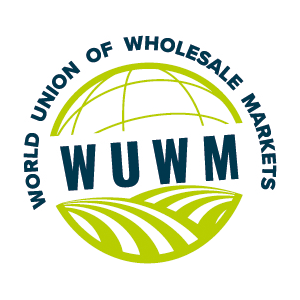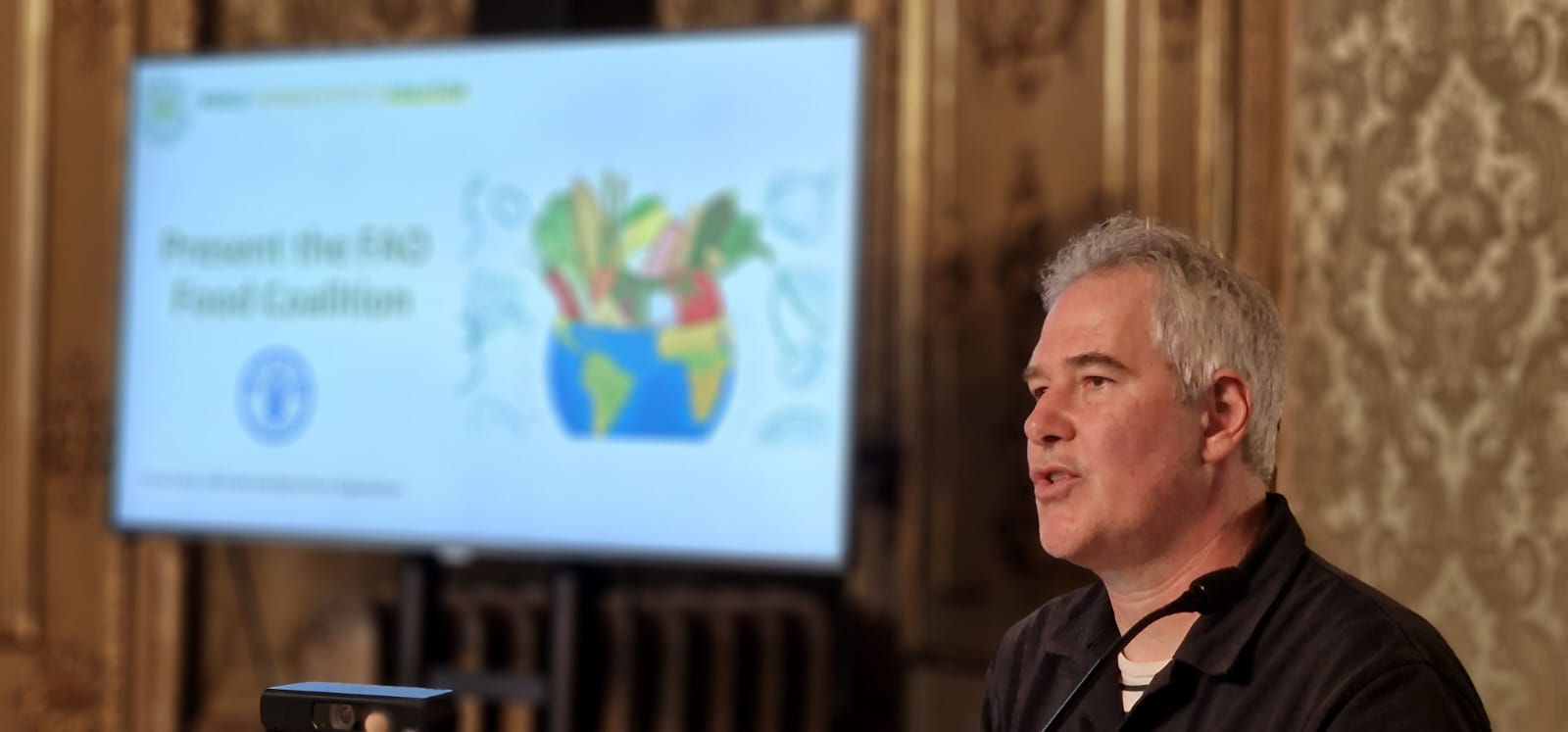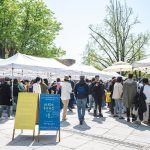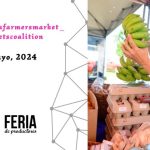The World Farmers Market Coalition (WFMC) recently co-organized the webinar “Building sustainable and resilient food systems: Integrating Market Systems at the Centre of Urban-Rural Linkages” with the World Union of Wholesale Markets (WUWM). Soon after, WUWM interviewed our president, Richard McCarthy about WFMC for their May 2022 Newsletter, and we wanted to share some excerpts from the discussion with you.
~~~~~~~~~~~~~~~~~~~~~~~~~~~~~~~~~~~~~~~~~~~~~~~~~~~~~~~~~~~~~~~~~~~~
WUWM: Could you please introduce your organization to our members? What are your main values and current objectives?
Richard: The World Farmers Market Coalition (WFMC) is a new international organization, devoted to the purposeful reinvention of the ancient institution of farmers markets (where commerce and community flourish). The exciting news is that markets ARE flourishing all over the world. From Anchorage to Zhytomyr, civil society leaders are stepping up to build bridges between growers and eaters — and in many cases, in very challenging situations. When independent farmers assemble — a great many of whom are women — to sell the fruits of their labour directly to consumers in a public setting, they join hands with urban dwellers to begin to repair lost relationships between urban and rural. As WUWM members can certainly attest, these relationships do not just … happen. They are managed, but importantly, not from above. Rather, they are agreements that bind supply with demand, place with products, and of course, the people who thrive in these public spaces.
The WFMC values markets that balance the interests of farmers, consumers, and the communities who host them. We believe this is when farmers markets fulfill a public good — the same public good that wholesale markets serve (as public markets). In this regard, wholesale markets and farmers markets are like first cousins. During these early stages of assembling the worldwide community of farmers markets, we are mapping the markets that exist, facilitating peer-to-peer learning, and cultivating leadership in existing and new markets in order to contribute to the economic, human and ecological health of regions. Or to frame within the context of the UN Sustainable Development Goals, our current objectives align with SDG 1) no poverty 2) zero hunger 3) good health and well being 5) gender equality 8) decent work and economic growth 11) sustainable cities and communities 12) responsible consumption and production 13) climate action 15) life on land 16) peace, justice and strong institutions 17) partnerships for the goals.

WUWM: Could you share with us your perspective on how to foster sustainable and resilient food systems?
Richard: As instruments of commerce, market success is usually thought of in terms of gross receipts and volume. If instead, what if we were to evaluate a market’s efficacy to change consumer behavior, educate agricultural enterprises, and reduce soil erosion or water consumption? The more we consider public markets as places for learning, the sooner we recognize and invest in their power to foster resilience and sustainability. While farmers markets may represent a small piece of the market ecosystem in terms of volume of sales, they are also hugely influential.
~~~~~~~~~~~~~~~~~~~~~~~~~~~~~~~~~~~~~~~~~~~~~~~~~~~~~~~~~~~~~~~~~~~~
Richard beautifully articulates our objectives as an organization, as well as his perspectives on creating more resilient and sustainable food systems. There is much more to glean from the discussion – you can read the full interview here.

by Christina Ermilio






